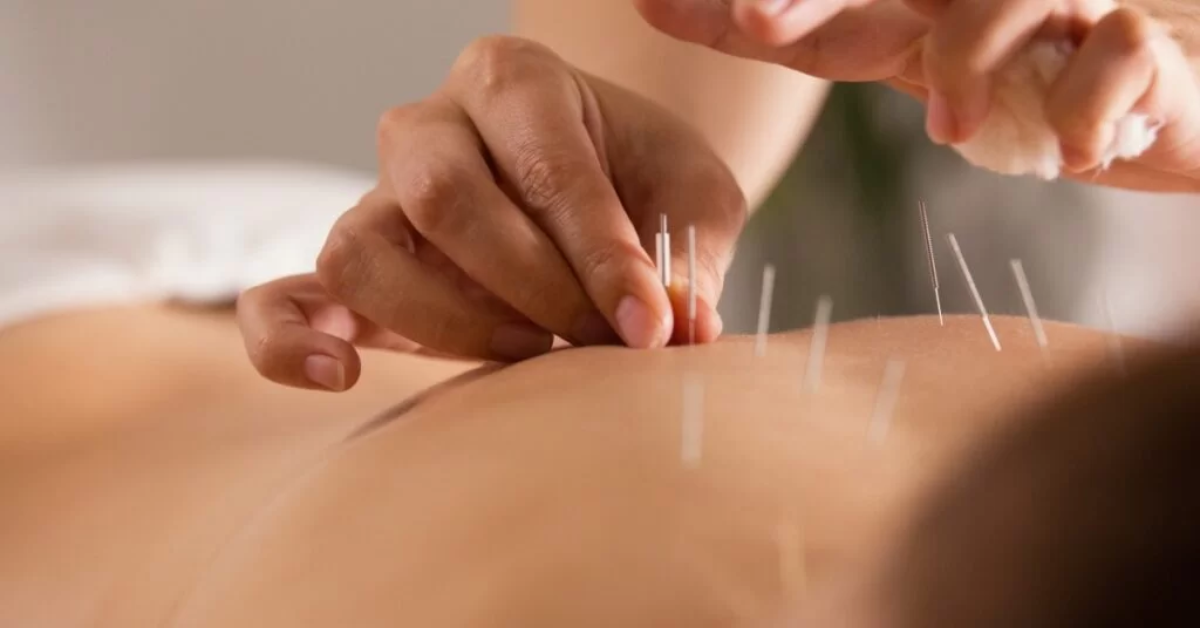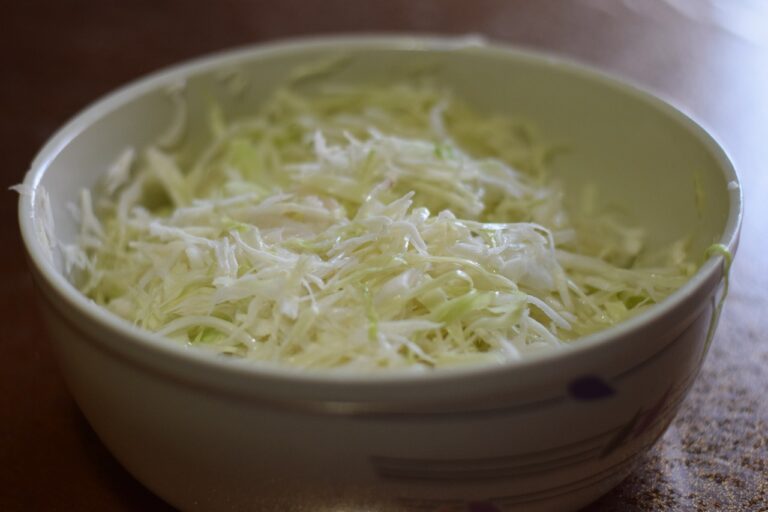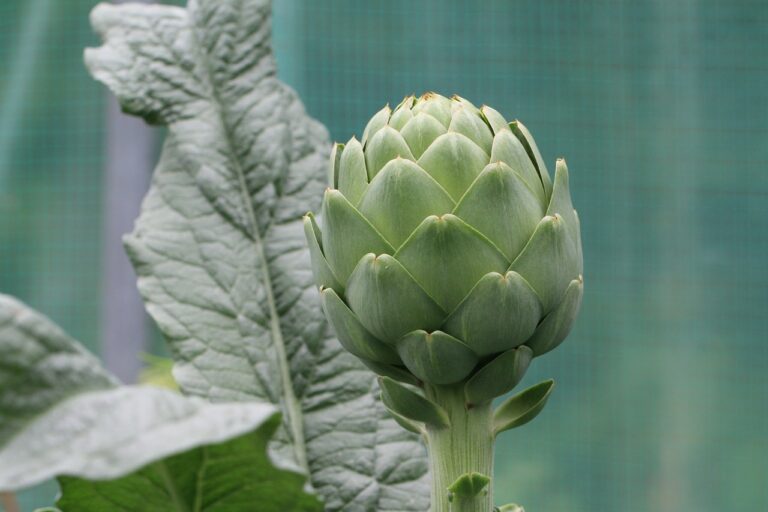Acupuncture in Singapore: An Ancient Healing Art for Modern Health
Acupuncture Singapore, a core component of Traditional Chinese Medicine (TCM), has been practiced for over 2,000 years. Originating in China, it has gained significant popularity worldwide, and Singapore is no exception. Acupuncture has become an essential part of many Singaporeans’ wellness routines, providing relief from various ailments, enhancing physical health, and improving mental well-being. In this article, we will explore the benefits, process, history, and FAQs surrounding acupuncture in Singapore, shedding light on why it continues to thrive in a modern, fast-paced city.
Understanding Acupuncture
Acupuncture involves the insertion of thin, sterile needles into specific points on the body. These points are believed to be pathways through which the body’s vital energy, or “qi” (pronounced “chee”), flows. According to TCM, when the flow of qi is disrupted or imbalanced, it can lead to health issues. Acupuncture aims to restore this balance by stimulating these points, which can help alleviate symptoms and improve overall well-being.
How Acupuncture Works
The practice of acupuncture is based on the idea that the body’s energy, or qi, circulates along pathways known as meridians. Each meridian is associated with a specific organ or bodily function. By inserting needles into acupuncture points along these meridians, acupuncture practitioners aim to correct energy imbalances, thereby promoting healing.
Acupuncture also stimulates the body’s nervous system, which may release endorphins and other chemicals that relieve pain and enhance the body’s natural healing processes. Research has shown that acupuncture may have a positive effect on various conditions, ranging from chronic pain to stress management.
The Benefits of Acupuncture
-
Pain Management
One of the most well-known benefits of acupuncture is its ability to relieve pain. Whether it’s chronic back pain, migraines, osteoarthritis, or joint pain, acupuncture has shown remarkable results in reducing discomfort. By targeting the body’s pain-relief pathways, acupuncture can stimulate the production of endorphins and other neurotransmitters that act as natural painkillers. -
Stress and Anxiety Relief
In today’s fast-paced world, stress and anxiety are common. Acupuncture can help reduce stress by promoting relaxation and enhancing the body’s ability to cope with pressure. It has been shown to stimulate the parasympathetic nervous system, which is responsible for the “rest and digest” functions, counteracting the effects of chronic stress. -
Improved Sleep
Many people in Singapore suffer from insomnia and poor-quality sleep due to work stress, lifestyle factors, or underlying health conditions. Acupuncture can help improve sleep by balancing the body’s energy and promoting relaxation. It is often used to treat insomnia and other sleep disorders by targeting acupuncture points that influence the body’s sleep cycles. -
Digestive Health
Acupuncture can be an effective treatment for various digestive issues, such as bloating, indigestion, constipation, and acid reflux. It works by stimulating the digestive system and improving the flow of energy to the organs responsible for digestion, thereby supporting better nutrient absorption and waste elimination. -
Women’s Health and Hormonal Balance
Acupuncture has been found to help regulate menstrual cycles, reduce the severity of premenstrual syndrome (PMS), and alleviate symptoms of menopause. By balancing the body’s energy, acupuncture may support the regulation of hormones and improve reproductive health, including aiding in fertility treatments. -
Boosting Immunity
Regular acupuncture treatments can help strengthen the immune system, preventing illness and enhancing the body’s ability to recover from diseases. By promoting the free flow of qi, acupuncture helps maintain harmony within the body, which in turn strengthens the immune response. -
Enhanced Mental Clarity and Focus
Acupuncture can also support mental clarity and cognitive function. By improving blood flow and energy flow to the brain, acupuncture helps enhance focus, concentration, and memory, making it a popular choice for those seeking to optimize their mental performance.
The Acupuncture Process
-
Initial Consultation
The acupuncture process begins with a consultation where the practitioner will ask about your medical history, current symptoms, and lifestyle. The practitioner may also observe your tongue, pulse, and other signs to assess the balance of your body’s energy. -
Needle Insertion
During the acupuncture session, the practitioner will insert fine, sterile needles into specific acupuncture points on your body. The insertion of needles is typically painless, although you may experience a mild sensation of tingling or heaviness as the energy is stimulated. -
Relaxation
Once the needles are in place, the practitioner may leave you to relax for 20 to 40 minutes. During this time, you may feel calm and relaxed, as the acupuncture points begin to work on balancing your body’s energy. -
Needle Removal
After the session, the needles will be gently removed, and the practitioner may give you advice on lifestyle changes or dietary recommendations to complement the acupuncture treatment.
Acupuncture sessions typically last between 30 minutes to an hour, depending on the condition being treated. A series of sessions may be recommended for optimal results, and the frequency of treatments will vary depending on the individual’s condition and response to the therapy.
Is Acupuncture Safe?
Yes, acupuncture is generally considered safe when performed by a licensed and experienced practitioner. The needles used in acupuncture are very thin, and the risk of side effects is minimal. However, it is essential to seek treatment from a qualified acupuncture practitioner to ensure the highest standards of safety and hygiene.
Who Can Benefit from Acupuncture?
Acupuncture is suitable for people of all ages and can be used to treat a wide range of conditions. Whether you’re dealing with chronic pain, anxiety, digestive issues, or seeking a way to enhance your overall health, acupuncture may be an effective treatment option. However, pregnant women, individuals with certain medical conditions, or those on specific medications should consult a healthcare provider before undergoing acupuncture treatment.
Why Choose Acupuncture in Singapore?
Singapore has become a hub for TCM practitioners, and acupuncture clinics can be found in every corner of the island. The country’s rigorous healthcare standards ensure that practitioners maintain high levels of expertise and professionalism. Whether you are seeking pain relief, stress reduction, or overall wellness, acupuncture in Singapore provides an excellent option for those looking to enhance their health naturally.
Frequently Asked Questions (FAQ)
-
Is acupuncture painful? Acupuncture is generally not painful. The needles used are very thin, and most people experience little to no discomfort during treatment. You may feel a slight sensation, such as a tingling or dull ache, when the needles are inserted.
-
How long will it take to see results? The time it takes to see results varies depending on the condition being treated. For acute conditions, some individuals may notice improvement after just one or two sessions, while chronic conditions may require several treatments to see significant results.
-
How many sessions do I need? The number of sessions needed depends on the individual and their condition. For many conditions, acupuncture can be effective after a few sessions, while others may require ongoing treatment for several weeks or months.
-
Are there any side effects of acupuncture? Acupuncture is generally safe, with minimal side effects. Some individuals may experience mild soreness, bruising, or fatigue following a session. These side effects are typically temporary and resolve on their own.
-
Can acupuncture be used alongside other treatments? Yes, acupuncture can complement other forms of treatment, including conventional medicine, physical therapy, and lifestyle changes. Always inform your healthcare provider if you are receiving acupuncture alongside other treatments.
-
How do I find a good acupuncture practitioner in Singapore? Look for a licensed acupuncturist with relevant certifications and experience. You can ask for recommendations from friends or family, check reviews online, or visit clinics to inquire about the practitioner’s qualifications.
Conclusion
Acupuncture is a time-tested healing art that offers a natural and holistic approach to improving health and well-being. In Singapore, where the pursuit of wellness is a priority, acupuncture has become a widely accepted treatment for a variety of conditions. Whether you’re looking to alleviate pain, reduce stress, or boost your overall health, acupuncture may be the key to achieving balance and vitality in your life. Always ensure that you seek treatment from a qualified professional to ensure safety and the best possible results.







